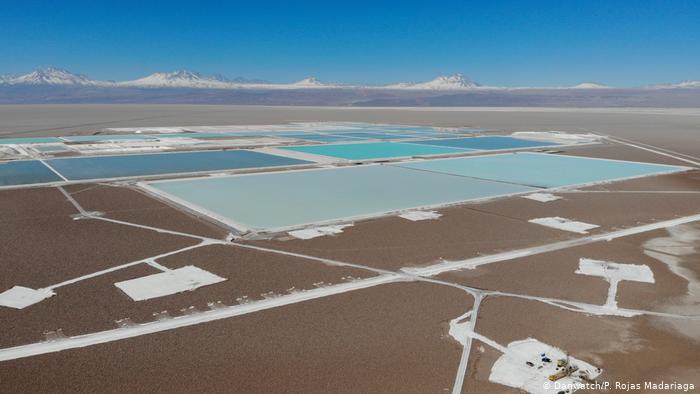All the clean technologies that we need to combat climate change – whether that’s wind turbines, solar panels or batteries, they’re all really, really mineral intensive.
Cornwall, 1864. A hot spring is discovered nearly 450m (1485ft) below ground in the Wheal Clifford, a copper mine just outside the mining town of Redruth. Glass bottles are immersed to their necks in its bubbling waters, carefully sealed and sent off for testing. The result is the discovery of so great a quantity of lithium – eight or 10 times as much per gallon as had been found in any hot spring previously analysed – that scientists suspect “it may prove of great commercial value”.
But 19th-Century England had little need for the element, and this 50C (122F) lithium-rich water continued steaming away in the dark for more than 150 years.
Fast forward to autumn 2020, and a site nearby the Wheal Clifford in Cornwall has been confirmed as having some of the world’s highest grades of lithium in geothermal waters. The commercial use for lithium in the 21st Century could not be clearer. It is found not only inside smart phones and laptops, but is now vital to the clean energy transition, for the batteries that power electric vehicles and store energy so renewable power can be released steadily and reliably.
